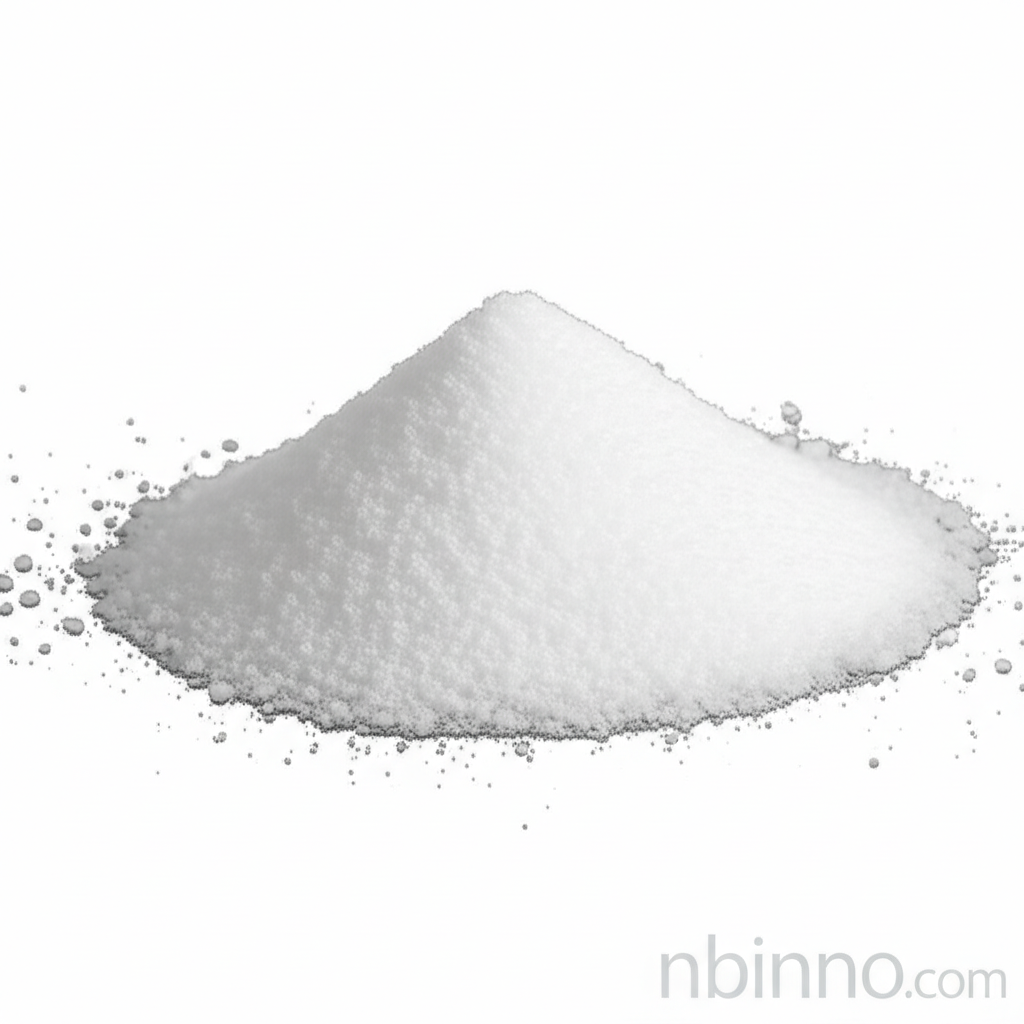Dimethylsilanediol: Enhancing Surfaces and Synthesizing Silicones
Discover the versatile properties and applications of Dimethylsilanediol, a crucial organosilicon compound vital for surface hydrophobization and the synthesis of advanced silicone materials.
Get a Quote & SampleProduct Core Value

Dimethylsilanediol
As a leading supplier in China, we offer Dimethylsilanediol (CAS 1066-42-8), a critical organosilicon compound that serves as the primary monomer for Poly(dimethylsiloxanes) (PDMS). Its unique chemical structure makes it highly effective for hydrophobization of oxidized silicon and other metal surfaces, thereby significantly improving their wetting properties. We are a reliable manufacturer in China committed to providing high-purity materials for diverse industrial needs.
- Leveraging the power of PDMS monomer synthesis: Explore how Dimethylsilanediol is fundamental to creating Poly(dimethylsiloxanes), essential in various industrial applications.
- Achieve superior surface hydrophobization: Understand the capabilities of Dimethylsilanediol in modifying surfaces to repel water and enhance their performance.
- High-quality raw material for silicone resins: Utilize Dimethylsilanediol as a key component in the production of durable and weather-resistant silicone resins used in coatings, sealants, and adhesives.
- Versatile chemical intermediate: Benefit from Dimethylsilanediol's role as a reactive intermediate in the synthesis of other specialized organosilicon compounds.
Key Advantages
Enhanced Surface Properties
Utilize Dimethylsilanediol to achieve superior hydrophobization, improving the performance and longevity of treated surfaces, a key aspect when considering organosilicon compound uses.
Foundation for Silicone Materials
As the primary PDMS monomer, Dimethylsilanediol is indispensable for synthesizing a wide range of silicone-based products known for their thermal stability and flexibility.
Reliable Chemical Intermediate
Its role as a chemical intermediate allows for the development of novel organosilicon compounds, supporting innovation in materials science and specialized chemical synthesis.
Key Applications
Surface Modification
Dimethylsilanediol is crucial for the hydrophobization of oxidized silicon and metal surfaces, significantly altering their interaction with water and other liquids.
Silicone Resin Synthesis
It serves as a vital raw material in creating silicone resins, widely used in protective coatings, durable sealants, and high-performance adhesives, embodying key organosilicon compound uses.
Electronic Materials
In the electronics industry, Dimethylsilanediol contributes to the development of advanced packaging materials, enhancing the stability and reliability of electronic devices.
Medical and Biological Materials
Its applications extend to the medical field, where it is incorporated into materials for medical devices and implants, showcasing its biocompatibility and versatility.
